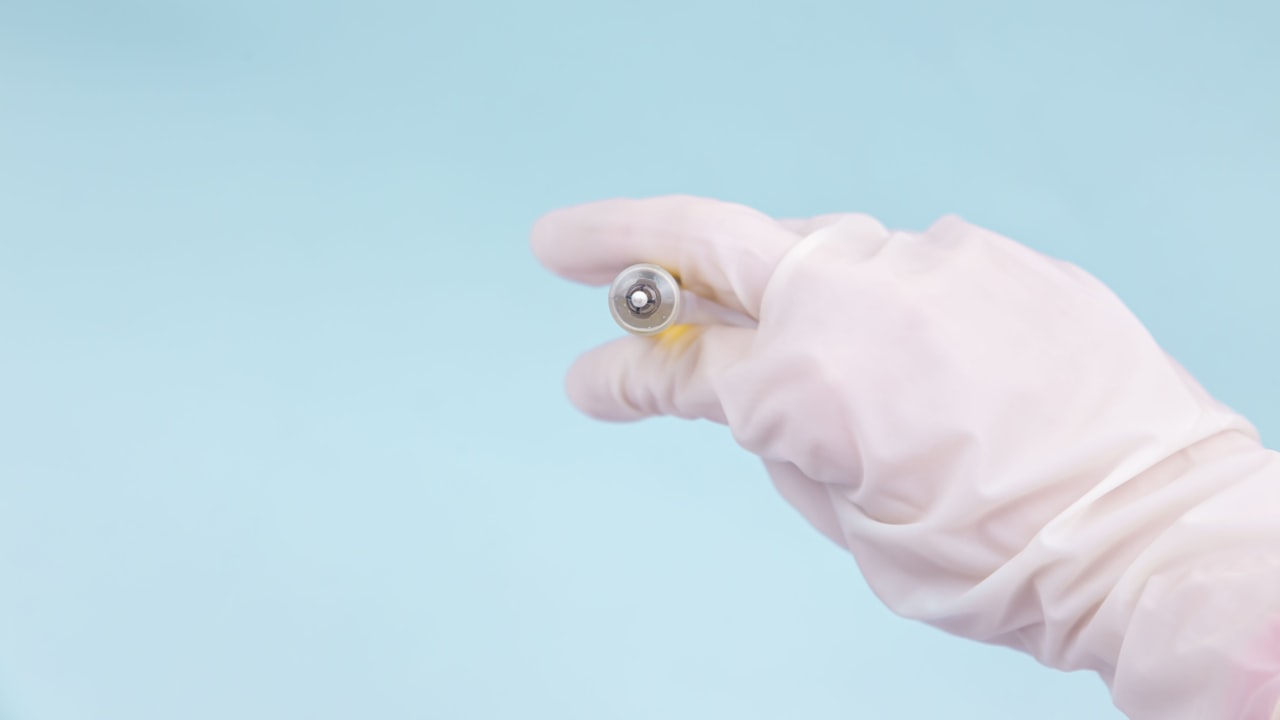Title: Designing High-Quality Injection Molds: Key Considerations and Best Practices
When it comes to producing plastic parts on a large scale, injection molds play a crucial role in the manufacturing process. The quality and design of the injection mold can directly impact the efficiency, cost, and overall success of the production. Therefore, working closely with a reputable injection mold factory or supplier is essential to ensure the molds meet the desired specifications and standards.
One of the key considerations when designing injection molds is the choice of materials. High-quality materials such as hardened steel or aluminum are commonly used due to their durability and ability to withstand high temperatures and pressures during the injection molding process. Working with a reliable injection mold supplier who offers a wide range of material options can help in selecting the most suitable material for the specific project requirements.
Another important aspect to consider is the design of the injection mold. The mold should be designed with precision and attention to detail to ensure the final plastic parts meet the required specifications. Factors such as part design, mold flow analysis, gating system, cooling system, and ejection mechanism need to be carefully evaluated and optimized to achieve accurate and consistent part production.
Collaborating with an experienced injection mold factory that has a team of skilled engineers and technicians is crucial in the design and development of high-quality molds. These experts can provide valuable insights and recommendations throughout the mold design process, helping to identify potential issues early on and implement effective solutions to optimize the mold design.
Furthermore, utilizing advanced technologies such as computer-aided design (CAD) and computer-aided manufacturing (CAM) can streamline the mold design process and improve efficiency. These tools enable designers to create detailed 3D models of the mold, perform simulations, and make necessary modifications before the actual manufacturing process begins.
In conclusion, designing high-quality injection molds requires careful planning, collaboration with reputable suppliers, and the utilization of advanced technologies. By paying attention to key considerations such as material selection, mold design, and technology integration, manufacturers can ensure the production of accurate and reliable plastic parts that meet the highest industry standards. Partnering with a reliable injection mold factory or supplier is essential in achieving success in the injection molding process.

 Title: Designing Precision Injection Mold: Key Concepts for Success
Title: Designing Precision Injection Mold: Key Concepts for Success Title: “The Innovative Advancements in Injection Molding Tooling Technology”
Title: “The Innovative Advancements in Injection Molding Tooling Technology”